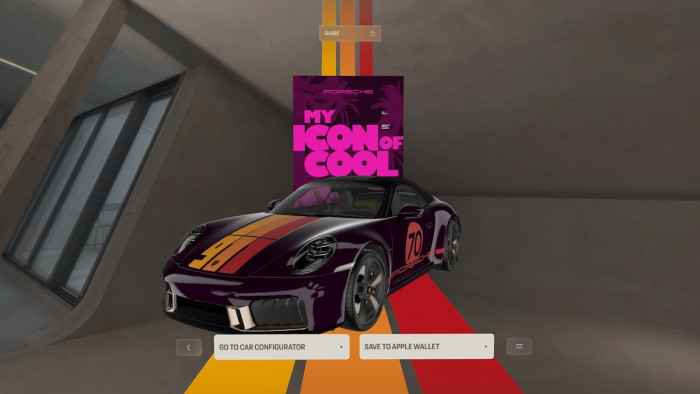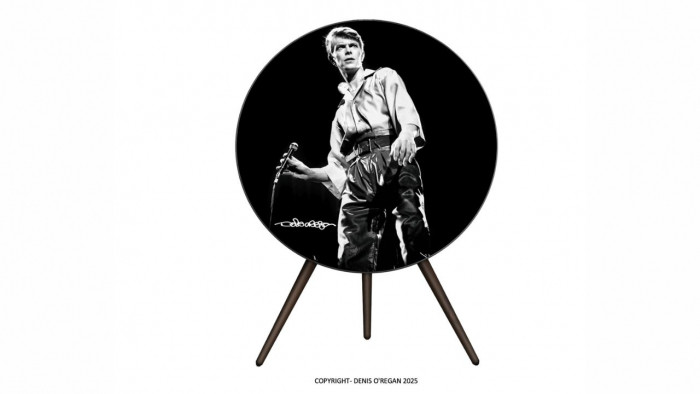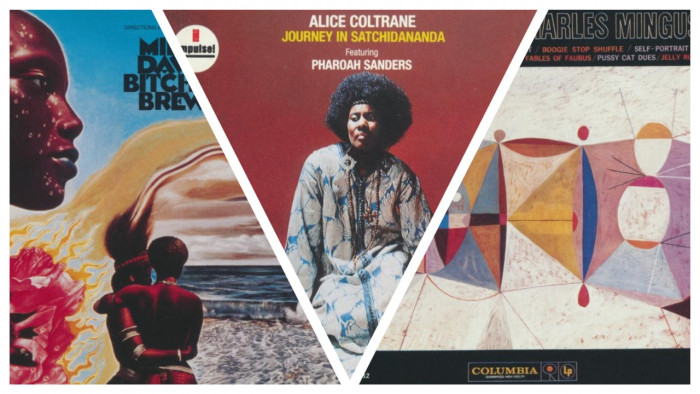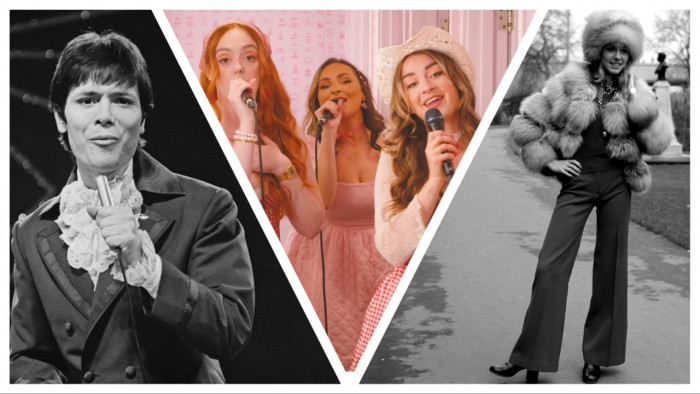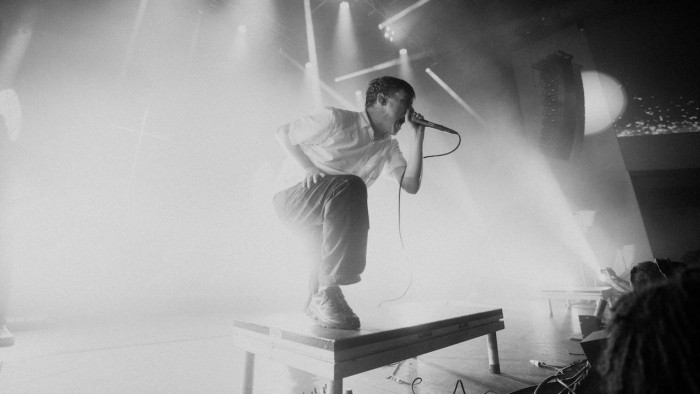Why your life shouldn’t be over because of a bunch of old tweets
We're looking at you Stormzy, Jack Maynard and Zoella


We’ve seen an avalanche of old tweets resurfacing in recent days that have threatened to sink the careers of some of the country’s brightest, up-and-coming young Brits.
We saw squeaky-clean YouTuber Zoella mocking “fat chavs” and gay men in a surprisingly nasty string of social media posts. One tweet from 2010 read: “I find it funny when gay men spit… it’s like they’re trying to be a bit macho but never works…”

Next, we saw newly-appointed Gay Times editor Josh Rivers kicked out of his job just days after being appointed when his racist and transphobic tweets were unearthed. One of his shocking posts was: “The creepiest gay men are short, old Asian men with long nails. Fact.”

Then we witnessed YouTuber Jack Maynard thrown out of the ‘I’m a Celebrity’ jungle after posting racist and homophobic comments on Twitter in the past. On his account, he used the N-word and called users “retarded” and “faggots”.
And now it’s been revealed that grime artist Stormzy also used the F-word and branded other people “gay” on Twitter.
Social media is great at spreading outrage. In the #metoo, post-Weinstein era this is fantastic because it helps amplify voices that would have previously gone unheard and brings attention to the sickening abuse of power we’ve seen in Hollywood, politics and the media. But that outrage can sometimes be misplaced. I’m not sure it’s fair to blame and attack people for misguided, throwaway comments made on Twitter many years ago.
First, and especially in Zoella and Josh Rivers’ cases, it seems some of the tweets were supposed to be funny and outrageous. Now, while I reckon I can be quite humorous in person, it’s another thing to be funny and satirical on social media. So, like me, if you’re not smart enough then I’d recommend just staying away from outrageous comments that require nuance to fully understand them.
And even though these tweets were absolutely not funny and often just plain offensive, it’s also important that we protect the right to be controversial online. It can sometimes be painful but if we want the freedom to share our own opinions, we should defend the ability of others to share theirs as well.
Next, we need to remember that a lot of these comments were made when the celebrities and high-profile people were much younger. Jack Maynard is 22 now but some of his objectionable posts were made when he was just 16. How many 16-year-olds do you know that weren’t a little bit stupid? The fact is we’ve ALL posted things in the past that we’d now regret if we saw them today. I can think of a few sappy poems I’ve posted on Twitter and Facebook that, at the time, I thought were amazing but I’m sure would now make me cringe so much I’d want to crawl inside a very small, very dark hole and never return. But nowadays, what we say online is recorded forever; so let’s agree that we should give a pass to the silly things we said when we were kids.
If, however, the comments were made when they were adults, context really matters. If the tweets, which are undoubtedly offensive, were part of a sustained, abusive, hateful pattern then I’m not sure how that’s forgivable; if the intention of the tweets was to cause pain we need to seriously consider whether we can just move on and pretend they were never said.
What Zoella, Josh, Jack and Stormzy need to recognise is that times have changed. They should offer a sincere apology and show how they’ve matured. In fact, Stormzy now has given a heartfelt apology for his earlier posts and it’s a real lesson to others: “I said some foul and offensive things whilst tweeting years ago at a time when I was young and proudly ignorant. Very hurtful and discriminative views that I’ve unlearned as I’ve grown up and become a man. The comments I made were unacceptable and disgusting, full stop. Comments that I regret and to everyone I’ve offended, I am sorry, these are attitudes I’ve left in the past.
“The homophobic language I used was, embarrassingly, a part of my vocabulary when I was younger and ignorance made me feel comfortable to use them whilst not understanding the hate and the ramifications they carry. That isn’t an excuse, I take responsibility for my mistakes and hope you can understand that my younger self doesn’t reflect who I am today. Again, I’m sorry to everyone I’ve offended. To the LGBQT community and my supporters and friends, my deepest apologies.”
Not every apology is so successful, however. Zoella, who was 20 when she posted her offensive tweets, was slammed by critics who doubted her sincerity; in particular, fans were upset with her claim that the posts were “taken out of context.” She said: “I’ve seen a few of my old tweets from 7/8 years ago floating around (which I have now deleted) using words like “chav” “skank” and other words I wouldn’t use now as part of my language and lot of them were taken out of context referring to TV shows”.
In a classic example of apologising-by-not-really-apologising, she added: “I’m sorry if I have offended anyone” and finished it off with “I’m only human!” And it’s a similar story with Josh Rivers. Although he admitted how horrible his tweets (posted between 2010 and 2015, beginning when he was aged 24) were, he used his apology to deflect the focus away from himself. He said, somewhat bizarrely: “I hope we can use this as an opportunity for growth, for healing, for moving forward.”
And sometimes even the best apology can’t prevent long-term consequences. The management of Gay Times decided they could no longer be associated with Josh Rivers and they cut him loose. They said: “Gay Times does not tolerate such views and will continue to strive to honour and promote inclusivity. All articles written by Josh Rivers have been removed, and the new-look magazine will feature submissions and significant contributions from the far reaches of our wonderful and diverse LGBTQ community.” So be warned, even if the wider public can forgive your stupid tweets, there might still be damage done to your career.
Nonetheless, fundamentally, if the comments were made in a youthful past and an honest, sincere apology has been given, then we should be prepared to forgive, forget and move on.
(Images: REX /Twitter)
